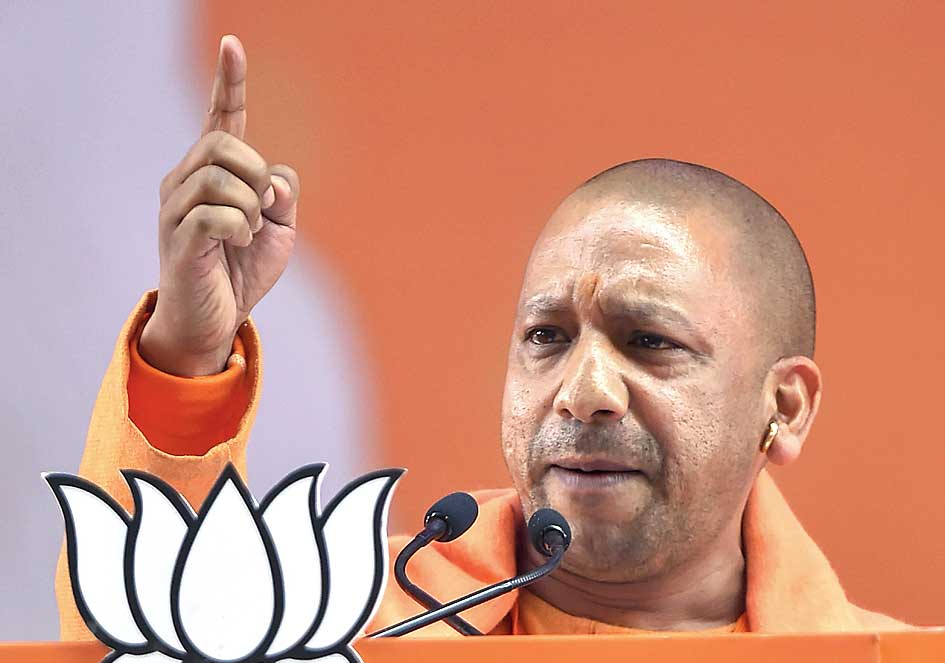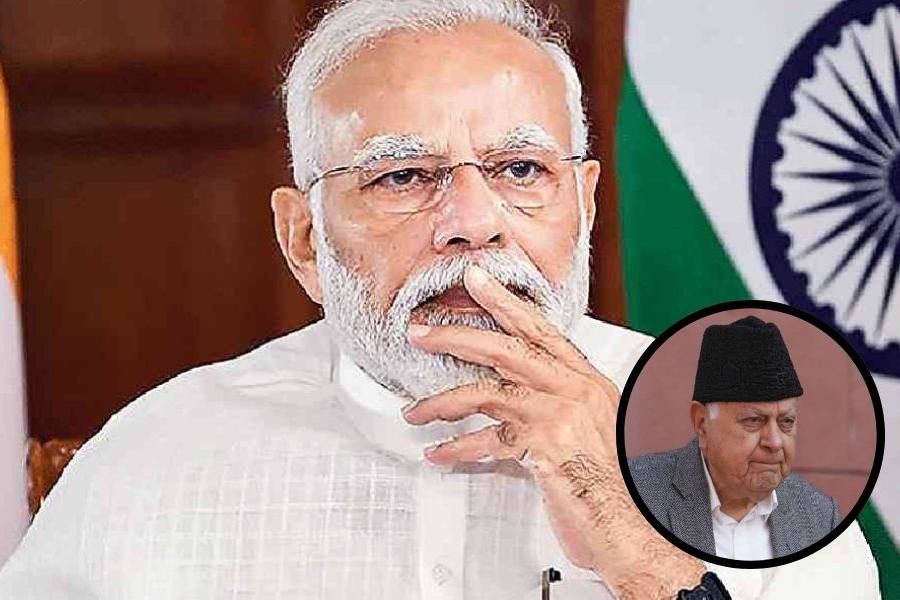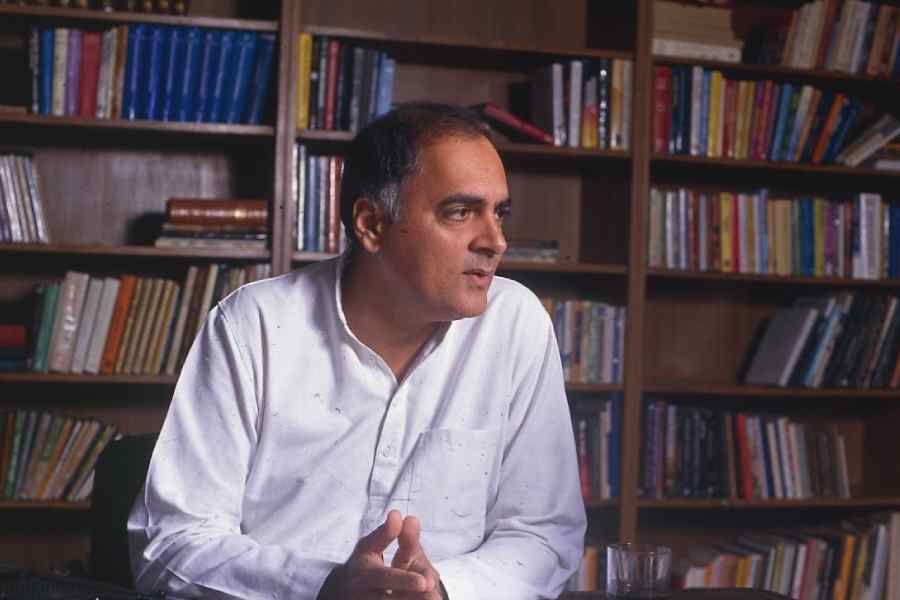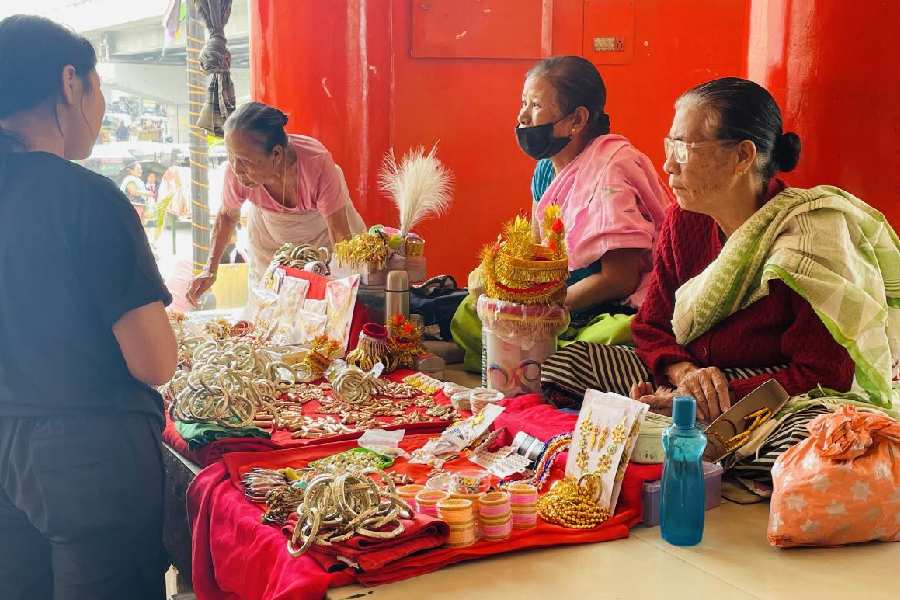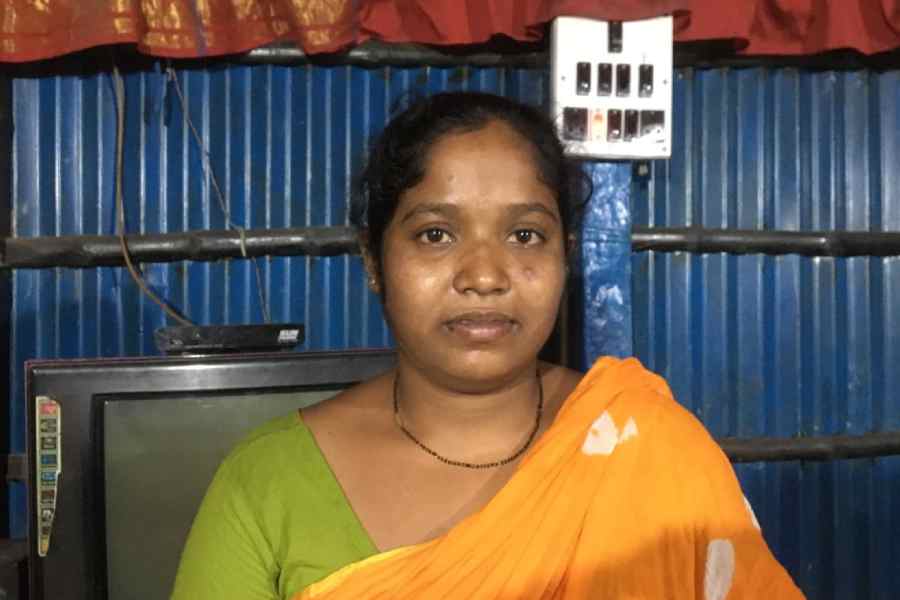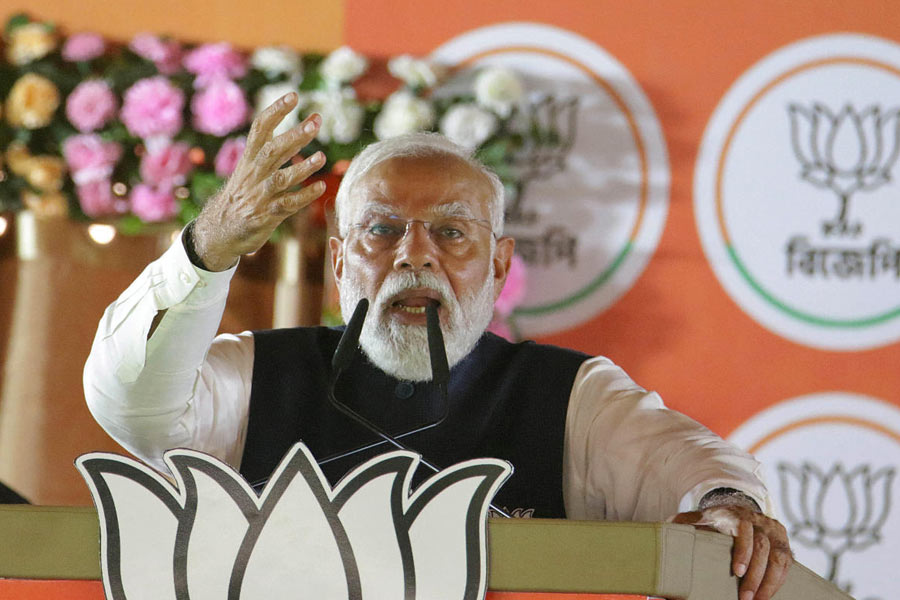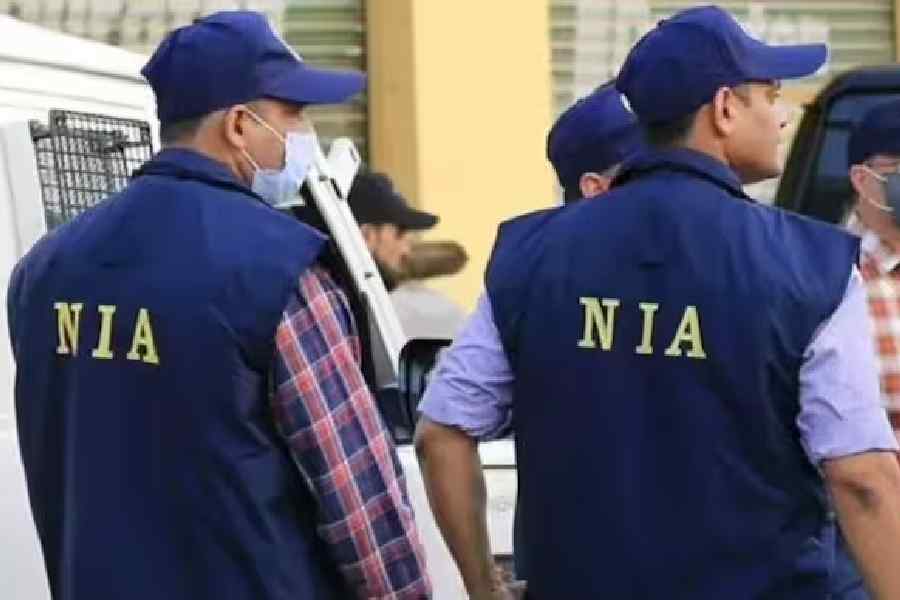Allahabad High Court has stayed an order passed by the Yogi Adityanath government earlier this year to remove 17 castes from the list of Other Backward Classes and label them Scheduled Castes, observing that only Parliament was authorised to take such a decision.
The bench of Justices Sudhir Agrawal and Rajeev Mishra on Monday said the order went against the Constitution and asked Manoj Kumar Singh, principal secretary, social welfare department, to respond.
Singh had signed the June 24 order.
The stay order came on a plea that Gorakh Prasad, a social worker in Allahabad, had filed, seeking the court’s intervention against what he called an “anti-constitutional” decision by the state government.
Bahujan Samaj Party chief Mayawati too had opposed the June 24 order, saying at that time that the BJP-led government in the state didn’t follow constitutional norms.
The BSP had said it was in favour of SC status for these 17 groups but alleged that the Uttar Pradesh government’s decision would marginalise them, as they would not be able to access the benefits meant for either OBCs or Dalits.
A state government is not authorised to change the class of a caste. According to the Constitution, such a decision can be taken only in Parliament.
The state government has to send to the Centre the names of the castes it wants included in the lists of Scheduled Castes and Scheduled Tribes — issued by the President — and any addition can be done only through a constitutional amendment bill in Parliament.
“As per Article 341 of the Constitution of India, such a decision can be taken only in Parliament. Ignoring constitutional compulsions, the Adityanath government has deleted 17 castes from the OBC list and included them as Scheduled Castes unconstitutionally,” Mayawati had said.
“These 17 castes are no longer OBCs and they will also not get the benefits given to Scheduled Castes because a state government is not authorised to change the class of a caste.”
Mayawati had cited Clause 1 of Article 341, which says: “The President may with respect to any State or Union Territory, by public notification, specify the castes, races or tribes or parts of or groups within castes, races or tribes which shall for the purposes of this Constitution be deemed to be Scheduled Castes in relation to that State or Union Territory, as the case may be.”
Clause 2 of the Article says: “Parliament may by law include in or exclude from the list of Scheduled Castes specified in a notification issued under clause (1) any caste, race or tribe or part of or group within any caste, race or tribe, but save as aforesaid a notification issued under the said clause shall not be varied by any subsequent notification.”
The 17 castes whose categorisation had been changed were Bhar, Rajbhar, Nishad, Bind, Manjhi, Mallah, Kumhar, Kahanr, Kashyap, Dhimar, Dhiwar, Prajapati, Kewat, Turaha, Botham, Gauria and Machchua.
All of them had sought the change in category, apparently because they were falling behind fellow OBCs like the more socially better off Yadavs and Kurmis in the competition for reservation benefits.
The Akhilesh Yadav-led Samajwadi Party government had in 2013 changed the category of these 17 OBCs — the most backward among the OBCs — and then written to the then UPA government at the Centre to include them in the list of Scheduled Castes. But the Centre did not respond.
In 2016, the Akhilesh administration issued a government order to include these castes in the SC list.
In March 2017, while hearing a petition against the government order, the high court had said that a caste certificate could be issued to members of these 17 groups, subject to the court’s final order.
The Adityanath government appears to have had taken the cue from the high court’s order and written to all the district magistrates to issue SC certificates to members of these castes.
However, Thawaar Chand Gehlot, the social justice and empowerment minister, had said in the Rajya Sabha on July 2 the state government had taken an unconstitutional decision.

